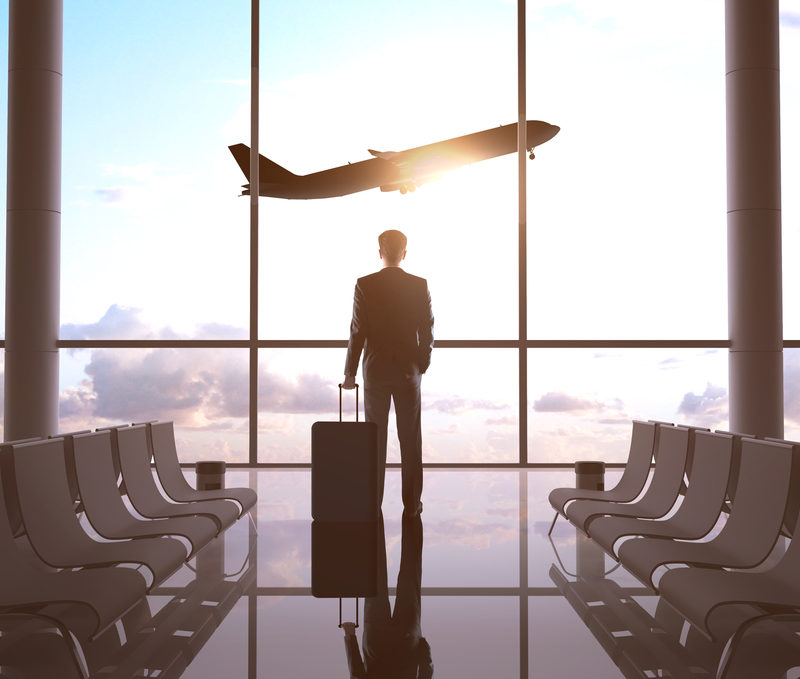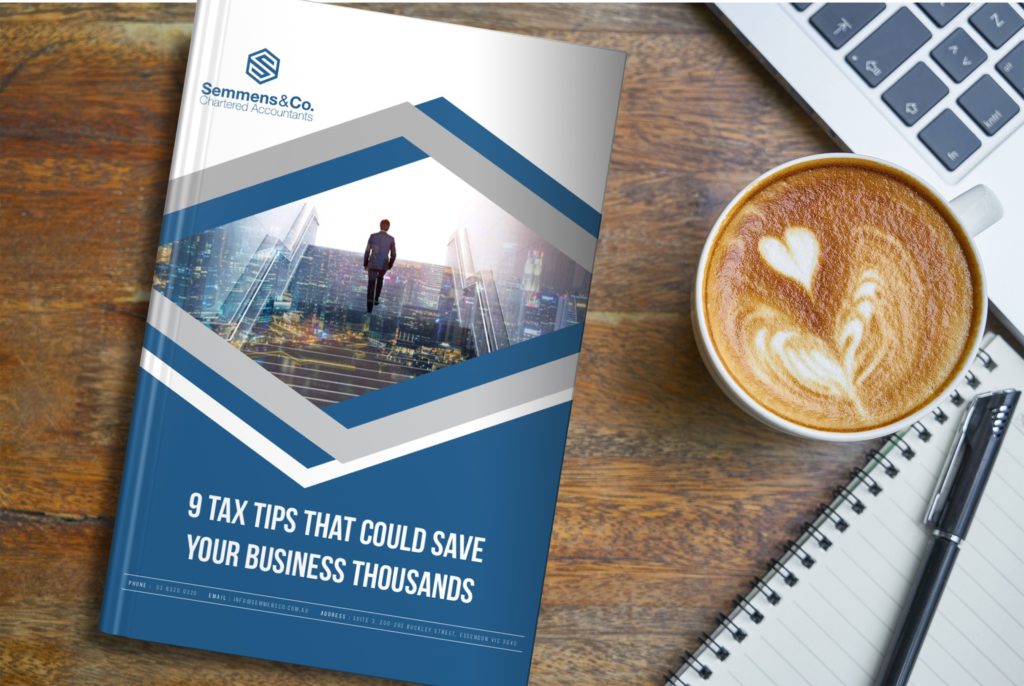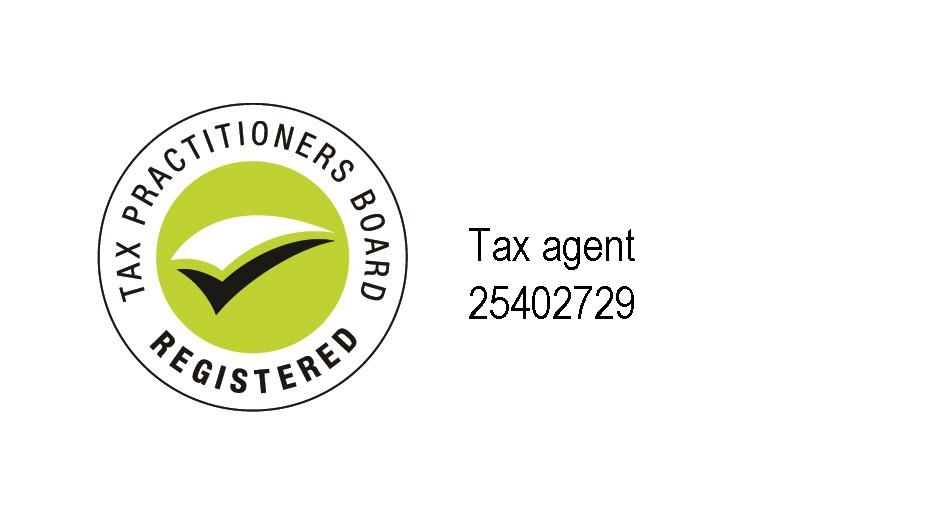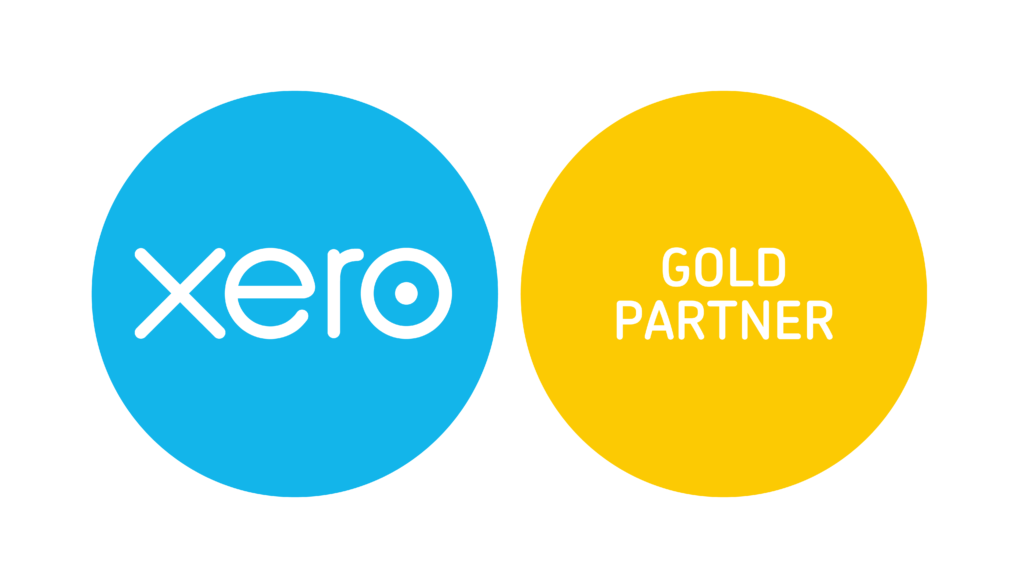Maximize Your Business Tax Deductions for Overseas Travel

Do you have a dream to expand into global markets? Are you holding back on important business travel, fearful of the cost of going overseas? With a legitimate purpose and appropriate record keeping, the after-tax cost of your trip may reduce with tax exemptions. So, business owners take note, your strategy to avoid travel for fear of cost, may not the best strategy at all.
When Business Travel Is Tax Deductible
Travel expenses are tax deductible when the cost incurred is related to producing assessable income. For this reason, the travel must be legitimate and, in some instances, proven via documented evidence. For example, a trip to Bali to research options for opening a bar on the beach will not meet the required definition of justified business travel. However, attending a business expo to meet vendors, purchase products for your business and improve your professional knowledge is acceptable. Travel costs are deductible when the nature of the business activity is to undertake activity that increases your assessable income or, increase/maintain an existing body of knowledge currently used to produce income. If the purpose of your trip is business or professional development, then the below items are 100% tax deductible.
If you have two purposes to your trip: a) to learn more about your business or profession and b) to catch up with overseas friends or relatives – it is important to note that your travel expenses can only be deductible to the extent they relate to your business or professional development. When there is a dual purpose to your trip, the costs will need to be apportioned based on the actual business portion.
Example 1: Bob takes a 10 day trip to Vancouver. He spends 2 days doing tourist activities but the remaining 8 days are spent attending a conference, meeting with peers to discuss his area of expertise, meeting with vendors, purchasing materials and negotiating new contracts. In this case Bob should only claim 8 days of accommodation as a business-related expense. However, he can claim 100% of the airfare, as the main purpose of the trip was business.
Example 2: Delia also takes a 10 day trip to Vancouver. She stays with an old friend. Her company has an office in Vancouver. Delia organizes to go into the Vancouver office and meet the staff on day 1 of her trip, and later organizes to go to lunch with the sales team on day 3. In this case, virtually none of the cost are deductible. In this case the costs are mostly private and the professional part does not meet the definition or business travel.
In both of these examples, it is important to look to the purpose of the trip – as this is the differentiator that determines tax deductibility. For this reason, the purpose of the activity needs to be documented in a travel diary before, during and after your travel. In the worst case, you will be able to claim a part deduction for travel costs, which is better than nothing at all.
What Business Travel Expenses Can I Claim?
When travelling for business, you can claim the expenses incurred by both yourself or your employees, for:
- Airfares, train fares, bus fares, taxi fares
- Accommodation
- Cost of meals and incidentals while away overnight (generally, you can’t claim meals if your travel did not involve a stay overnight)
- The cost of a rented or borrowed car, as well as fuel, car parking and car-hire fees. It is important to note that you cannot claim a tax deduction for any fines, such as speeding fines or parking infringement notices.
- Bridge and road tolls
Accompanying spouses can also form part of the claim but beware, this may suggest that the primary purpose of the trip was not business. If you spouse is involved in the business or professional practice it is ideal, as the airfare costs should be deductible however, if they are not employed by the business it may not be possible to claim this cost.

Overnight Business Travel Expenses
If your business trip requires you to be away from home for one night or more, it is best to keep written evidence of all your expenses in order to claim a tax deduction.
However, if the business trip requires you to be away from home six nights or more, you must keep a comprehensive travel diary or similar document, to record the details of your trip, meetings and the purpose of the meetings. Ideally, the documentation will occur as you travel but it’s acceptable to document your trip as soon as you return from your travels.
In order to meet your documentation requirements, you must record the following:
- the nature of the activity
- the day and approximate time the business activity began
- how long the business activity lasted
- the name of the place where you engaged in the business activity
As an example, use your Outlook or Google calendar to document your travel itinery, flights, business meetings, the location and people you are meeting with, as well as the purpose of every meeting. Ensure you document and log your business dinner plans, the restaurants you plan to eat at and once again, the purpose of the dinner and what you aim to talk about. If you can, it is good to capture meeting notes using Outlook or Google calendar, after the meeting, documenting any decisions and action items.
In order to ensure you collect the data you need to claim meals and entertainment, and also minimize FBT, it is worthwhile having a good process around meal receipts. Start by making a note in your travel diary or on the back of your receipt, regarding who attended the dinner and the organisation they belong to. Also document the % of the meal and drinks that were consumed by your business associates, versus yourself. To ensure you don’t lose your receipts, take a photo of the receipt using your phone and, if you are using a receipting app, remember to upload your receipts to the app as soon as you can.
Fringe Benefits Tax
Fringe Benefits Tax may become an issue if you (or your employees) business travel includes private activities. FBT will arise if you operate a company or trust and, the business trip was exclusively paid for by the business. In this case, it is always best to ask the employee to pay for any private activities personally or find a way to share travel expenses, where the trip includes personal/leisure activities.
If you are a sole trader and you plan to travel for business and pleasure, you must exclude the private expenses from your claim.
Claiming Travel Expenses as an Employee
As an employee, if your travel expenses have been reimbursed by your employer, you cannot claim a deduction however, where your business travel has been paid for personally, you may be able to claim the following travel expenses:
- Cost of meals, accommodation and incidentals while away overnight (generally, you can’t claim meals if your travel did not involve a stay overnight)
- The cost of a rented or borrowed car, as well as fuel, car parking and car-hire fees. It is important to note that you cannot claim a tax deduction for any fines, such as speeding fines or parking infringement notices.
- Flights, bus, train, tram and taxi fares
- Bridge and road tolls
Once again, if you need to be away from home for 6 nights or more, you will also need to keep a comprehensive diary of your travel. But remember, you must remove any travel expenses that relate to personal and leisure activities, from your overall claim.
Ultimately, there is no law against having fun and no limits on how much money you spend on business trips. The role of the Tax Office is to ensure the expense legitimately aided an increase in your assessable income or professional expertise, after which, their role is to determine the tax implications of what you spent. If in doubt, your best option is to speak with your tax agent before incurring any cost, or and then ensure you document everything in detail to allow your tax agent to determine the best possible case when preparing your return.
If you would like more information on how to maximize your legitimate travel claims, feel free to contact Semmens & Co on 03 8320 0320 for a free consultation.
If you’re looking for more information on how to maximize tax benefits for your business, download our e-book Top 9 Tax Tips That Could Save You Thousands or, learn more about these strategies by registering to attend our webinar.







